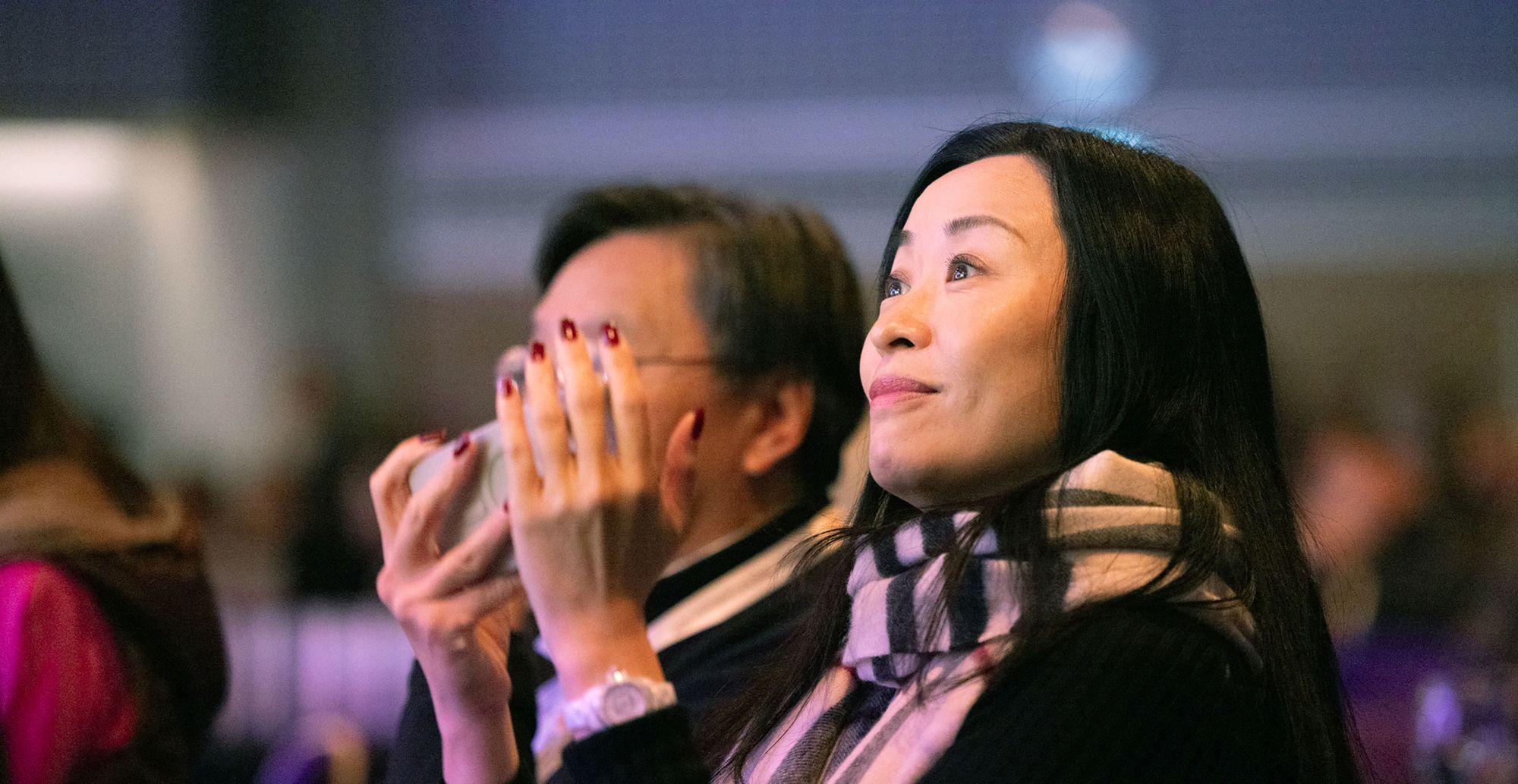by Abby Chau
Most countries around the world are bracing themselves for a new higher education landscape as budgets are being slashed and the demand for higher education grows. Ireland has just published the Hunt Report, chaired by the economist and businessman Dr. Colin Hunt. Already the report has generated its share of criticism (this critic includes a Pink Floyd lyric in his commentary).
It is interesting to note that major reports on the state of Higher Education in England and Ireland were chaired by men in the financial sector. Lord Browne, the former head of BP, issued a major report last year, effectively changing the face of higher education in England.
The report is interesting because it draws on over a 100 submissions from individuals, companies, and organisations. The public was asked to submit the top three issues they believe are central to the Higher Education system in Ireland. Most of the submissions include concerns regarding funding, HE frameworks and infrastructure, improvement of faculty student ratio, involvement of cultural understanding in HE, and widening participation.
The entries below are snippets taken from the full submission. Click here to refer to the full list and full content of submissions:
- From the The Society of St Vincent de Paul – Concerning accessibility of education, suggesting that the policy pertaining to the children of non-EU migrant workers who have to pay non-EU fees to attend third level courses be reviewed.
- From Lenny Antonelli & Barra Roantree, Young Greens (youth section of the Green Party) – Suggests keeping current levels of investment in teaching and research in the Humanities.
- From Gráinne O'Malley – Concerning unhealthy working environment in education centres, including bullying and unsafe working environments.
- From National University Ireland – Regarding the ‘feminisation’ of Higher Education and addressing the imbalance of females gaining higher entrance rates to popular courses like medicine and law. Equal attention should also be given to address the imbalance of males in senior HE positions.









.jpeg)









